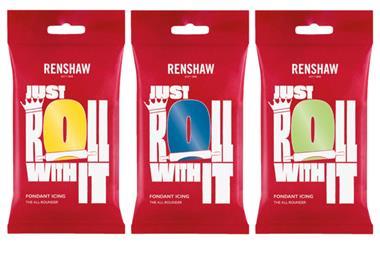Campaigners against trans fats (TFAs) in food have welcomed a report from the European Commission stating legal limits on their presence in food would be the most effective response to improve public health.
However, they have also expressed disappointment at the slow progress by the Commission, and that it intends to carry out more work before coming up with policy decisions.
In its report to the European Parliament, the Commission said: “A legal limit for industrial TFA content would be the most effective measure in terms of public health, consumer protection and compatibility with the internal market.”
But it concluded: “In accordance with its Better Regulation principles, the Commission intends to rapidly launch a public consultation and carry out a fully-fledged impact assessment. This will allow the Commission to take an informed policy decision in the near future.”
"very pleased"
The European Public Health Alliance (EPHA) said it was “very pleased the Commission appears to favour the legislative option to limit industrial trans fats in food”.
But it also chided the Commission that its report was overdue, adding: “We also fear the Better Regulation agenda could throw more hurdles in the way and lead to further unjustifiable time delays.”
In October, EPHA co-signed with Kellogg’s, Mars, Mondelēz and Nestlé a letter to European Commissioners calling for a legislative limit for industrially produced TFAs in foods of 2g per 100g of fat.
A month earlier a report in the British Medical Journal said 7,200 deaths could be prevented in the next five years if trans fats were removed from processed food in the UK.
And in June the US Food and Drug Administration (FDA) ruled that industrial TFAs in processed foods were not “generally recognised as safe” for use in human food, and gave food manufacturers three years to remove them from products unless they were otherwise approved by the FDA.



































No comments yet